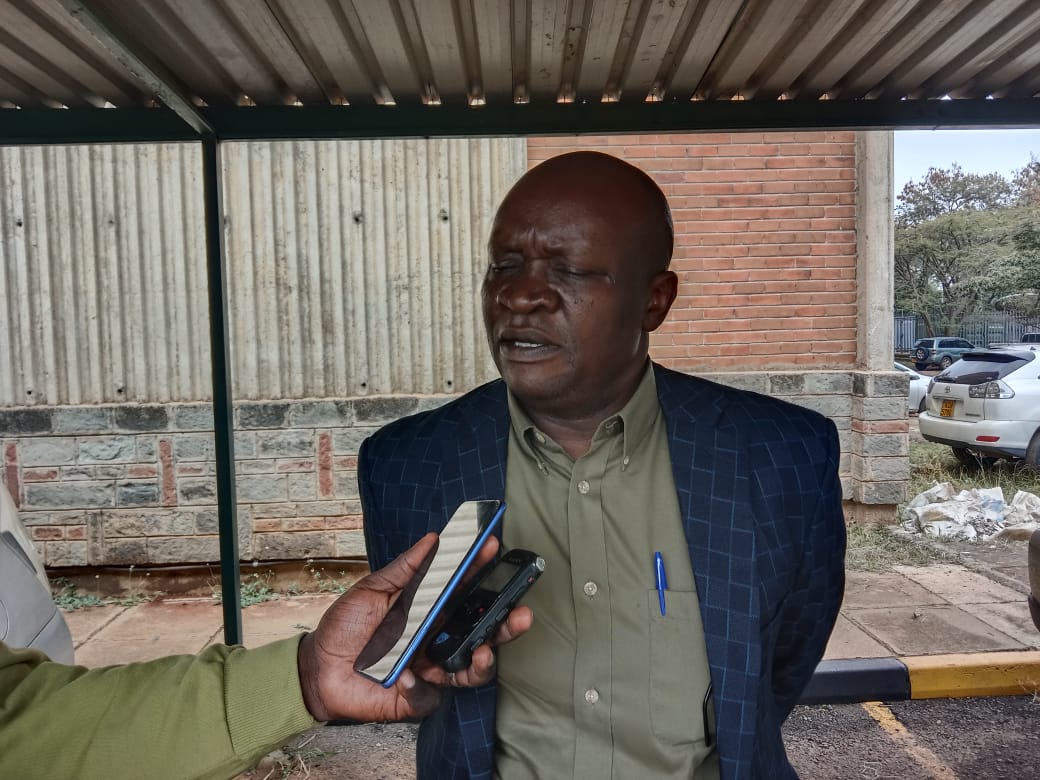
Kisumu official to Murkomen » Capital News
NAIROBI, Kenya, Aug 20 – Kisumu County liquor licensing boss Collins Okoth has blamed the rising consumption of illicit brews and unlicensed second-generation alcohol on weak enforcement and poor coordination among authorities.
Okoth, the County Director of Alcoholic Beverages, Liquor Licensing, Betting, and Gaming Control, said his office lacks the manpower to effectively enforce existing regulations.
“Outlets are operating before and after hours without anybody raising a finger. They are blatantly flouting the rules,” he said.
Okoth, who has been leading compliance efforts, faulted remarks by Interior Cabinet Secretary Kipchumba Murkomen, who during a recent working tour of Central Kenya accused counties of recklessly issuing permits to entertainment joints.
He dismissed Murkomen’s criticism as “unfortunate,” saying it amounted to blanket condemnation instead of addressing specific counties where the problem is rampant.
“In our committee we have representatives from the national government who can flag down any outlet they feel does not meet the required standards,” said Okoth.
The multi-agency liquor committee in Kisumu comprises the Deputy County Commissioner (DCC), the Officer Commanding Police Division (OCPD), and public health officers.
Okoth emphasized that the county is working hand in hand with national security agencies to rein in rogue players in the alcohol sector.
“The alcohol destroying our youth and society is second-generation waragi, illicit brews, and bhang. They are not licensed. Officers know where they are. We should arrest the perpetrators and take them to court,” he insisted.
Devolved function
On whether chiefs should be incorporated into enforcement, Okoth maintained that liquor licensing is a devolved function, arguing that the Constitution clearly stipulates what should be done.
“The Constitution is clear. Unless there is a referendum, there is no way to bring chiefs on board,” he said.
However, Kisumu Central Deputy County Commissioner Bozek Langat disagreed, insisting chiefs should be co-opted since they are closest to communities.
“They know their people. They would add value to the committee and help in cracking down on outlets flouting the rules,” Langat said.
He added that Kisumu faces additional challenges due to the porous Lake Victoria border, which has allowed illicit alcohol and second-generation brews from neighboring countries to flood into the county.
Nonetheless, Langat said enhanced collaboration with the county liquor committee and the border management team had made progress.
“We have minimized the licensing of outlets selling illegal second-generation alcohol, and it is paying off,” he said.
Okoth reinforced the sentiment, noting that the county has revoked licenses of outlets operating near schools, within residential areas, and those violating noise regulations.
Meanwhile, the county government is constructing a state-of-the-art rehabilitation center in Muhoroni to support drug addicts.
“The facility is 90 percent complete. It will be the only public rehabilitation institution in the region, and services will be offered at affordable rates,” Okoth added.